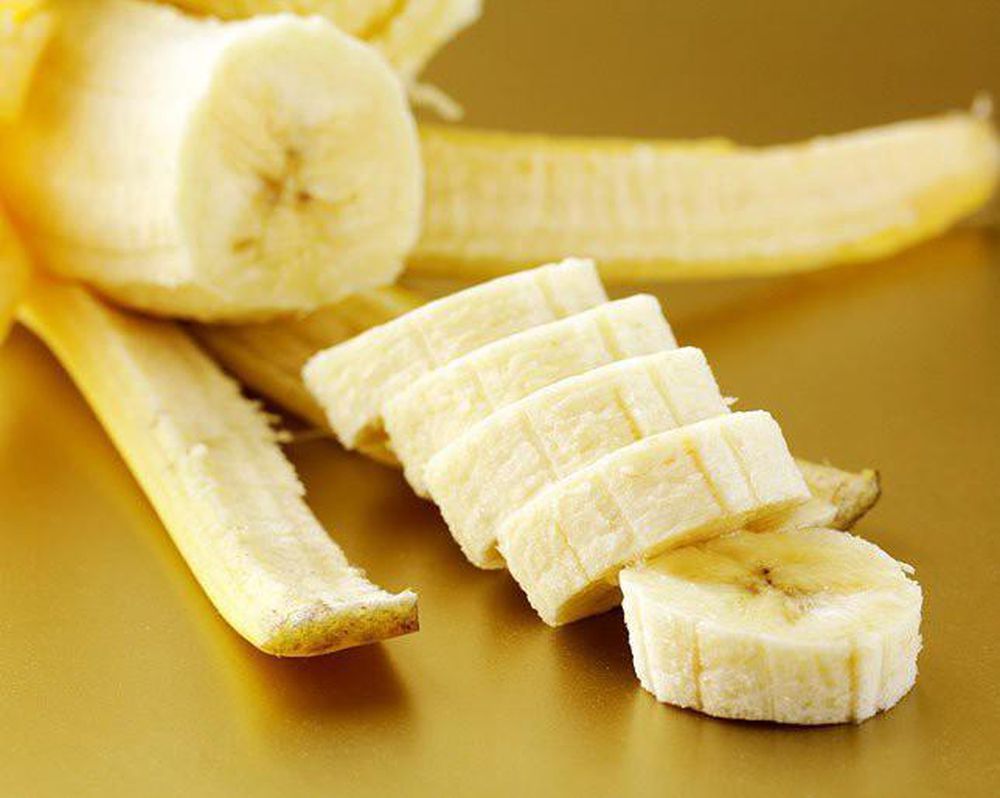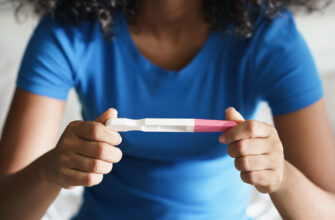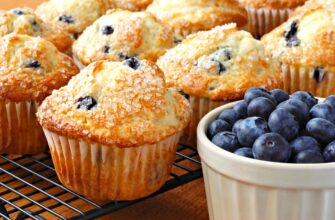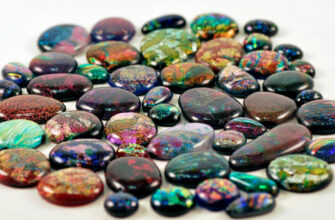
Myth #2 – Bananas make you fat.
You might be advised not to consume bananas after 3 o’clock or to incorporate them in a diet to lose weight.
In actuality, a banana has about 100 calories and less than 0.5 grams of fat. It’s true that more sugar can be absorbed and stored as fat when it’s digested, but if you eat just when you’re hungry and don’t overeat, this won’t happen when you consume a 100-calorie banana.
There is no justification for preventing somebody who is dieting from eating bananas. Bananas typically meet 6.1% of a woman’s daily energy needs who is trying to lose weight. Thus, a banana can be a great snack or one of your daily fruit servings in a well-rounded diet for weight loss. Bananas that are slightly green and firm have a lower glycaemic index than ripe, squishy bananas.
There is no reason to refrain from eating bananas after a specific time of day, either. As a fruit that is primarily composed of carbohydrates, bananas have very little fat and are simple for the body to digest and absorb.
A banana can provide you with instant energy and be the ideal pre-workout food. However, the secret is moderation. Although eating bananas won’t give you a bloated stomach, a wider waist, or chubby thighs, you still need to burn off the energy that any food provides. If you consume too many bananas, the extra glucose may be turned into fat. So be cautious about how many bananas you have been eating every day.
Myth #3 – Bananas are a poor choice.
Maybe you’ve heard that bananas are a bad fruit choice. Uncertain why, but bananas seem to have a terrible reputation in the world of fruit.
In actuality, they share a lot in common with other well-liked and less controversial fruits in terms of composition. For instance, a medium apple and a banana both have roughly 100 calories and fewer than 0.5 grams of fat. Compared to a banana, the apple has less protein and 19 grams of sugar. Compared to a banana, a cup of seedless grapes has less protein and fiber and 23 grams of sugar.
The versatile fruit banana is full of beneficial elements, including:
- Calories – 110 kcals
- Carbohydrates – 25 gms
- Proteins – 1 gm
- Potassium – 50 mg
- Dietary Fiber – 3 gms
- Vitamin C – 15% of the daily requirement.
- Vitamin B6 – 22% of the daily requirement.
Yes, there are fruits (such as berries, citrus fruits, and melon) that have less sugar than bananas, but bananas are also portable, reasonably priced, and widely available. Also note that bananas are free of cholesterol, lipids, and salt.








